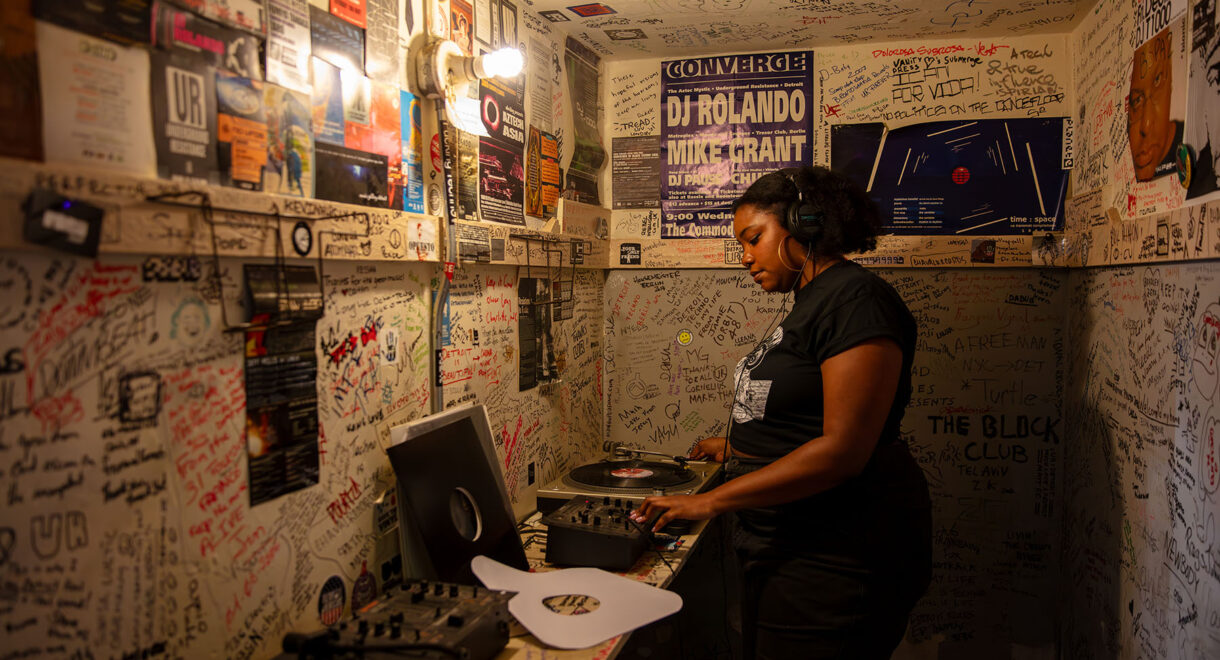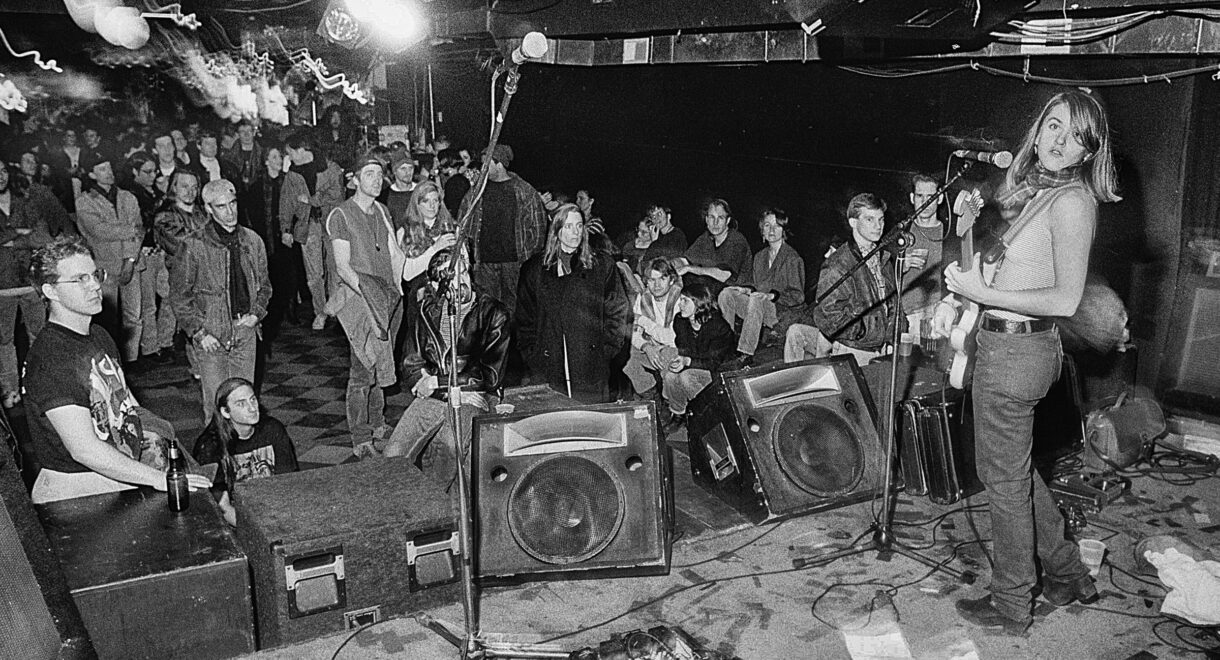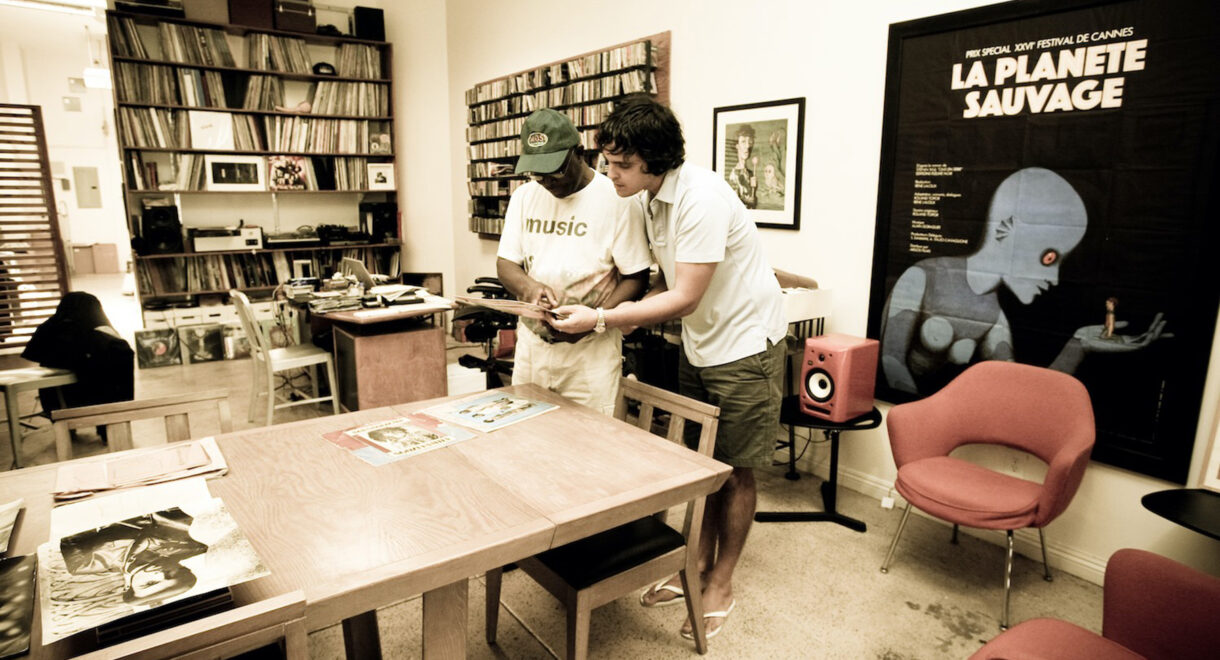Let’s allow the great dance music writer Barry Walters set the scene, which takes place not long after Larry Levan’s friend Frankie Knuckles started DJing in Chicago. There, […]
Jack your collection: Celebrating the early convergence of rap and house music

In the late 1980s, rap labels Jive and Profile issued a series of killer house and techno comps featuring remixes by Marshall Jefferson, Kevin Saunderson and dozens more.
In the past few months two of pop music’s biggest figures, Beyonce and Drake, have released projects that are centered on house and techno music. Born, respectively, in Chicago and Detroit, the music helped spawn electronic dance music as we know it today. Beyonce’s Renaissance offers ample evidence: she worked with Chicago house producer Honey Dijon and sampled music by Curtis Jones, a.k.a. Green Velvet and Cajmere.
This isn’t the first time hip hop has discovered house music. That started occurring not long after first-generation house and techno producers Marshall Jefferson, Kevin Saunderson, Steve “Silk” Hurley and others forged their minimal, shock-of-the-new sounds. Sensing a connection, in the late 1980s a pair of indie rap labels that had recently broken into the mainstream began experimenting with house and techno releases, resulting in two essential – and dirt cheap on Discogs – collections.
Both feature secret weapons galore.
The first, Best of House Music, was a three-part series issued by Profile Records starting in 1988. Curated by Brian Chin, the trio of double-albums was made possible through the label’s smash success with Run D.M.C. Born as a post-disco New York imprint in the early 1980s, Profile had already issued remarkable records by Rammellzee, the Cold Crush Brothers, Paul Hardcastle, and Motörhead (!) by 1988. When house and techno tracks started making their way into the setlists of New York DJs, Profile commissioned The Best of House Music.
The first of the three volumes is incredible: its four sides are thematically divided as Diva Side, Sleze Side, Jack Till You Drop Side, and Jack of Nations side. Drop Do It Properly, the 10-plus minute track by 2 Puerto Ricans, a Blackman and a Dominican, and watch the dancefloor light up.
Like many of the tracks on the series, Do It Properly was licensed for inclusion by Profile. Another remarkable licensed track, Marshall Jefferson’s 7 Ways (issued under his Hercules pseudonym), is notable for its origin as one of the first releases by a fledgling Chicago house label called Dance Mania, whose releases in the 1990s are first-wave juke classics.
Side 3 of Vol. 1, the Jack Till You Drop Side, is relentlessly great, as illustrated by Steve “Silk” Hurley and Larry Sturm’s collaboration as J.M. Silk, Jack Your Body.
One of Profile’s main competitors at the time was Jive, which rose from its gritty New York roots to become one of the most successful major label imprints of the 1990s and 2000s. By 1989, Jive had earned success and bank through artists including A Flock of Seagulls, DJ Jazzy Jeff & the Fresh Prince, Boogie Down Productions, and Kool Moe Dee, enough cash to allow them to experiment with and invest in rising genres like house and techno.
Jive Presents “In House” Vol. 1 is a killer document, if only for Detroit innovator Kevin Saunderson’s reworking of Wee Papa Girls’ We Know It. One of the best techno-rap convergences of the 1980s, this speedy gem can be easily mixed with contemporary and retro house and techno. (Tip: Mixing We Know It with Plastikman’s Spastik will make your head explode.)
By 1989, the house subgenre acid house was overtaking Britain as the so-called Summer of Love sparked the rave movement. The big-bang of rave culture, the scene was propelled by tracks such as Adonis and the Acid Slaves’ track House Will Never Die.
Best about these compilations, besides all the jams, is that they’re each available for less than $10. Profile and Jive likely pressed thousands of promos, which means that there’s usually a glut of NM copies. Spend $50 and you’ve got yourself a feast of riches.










